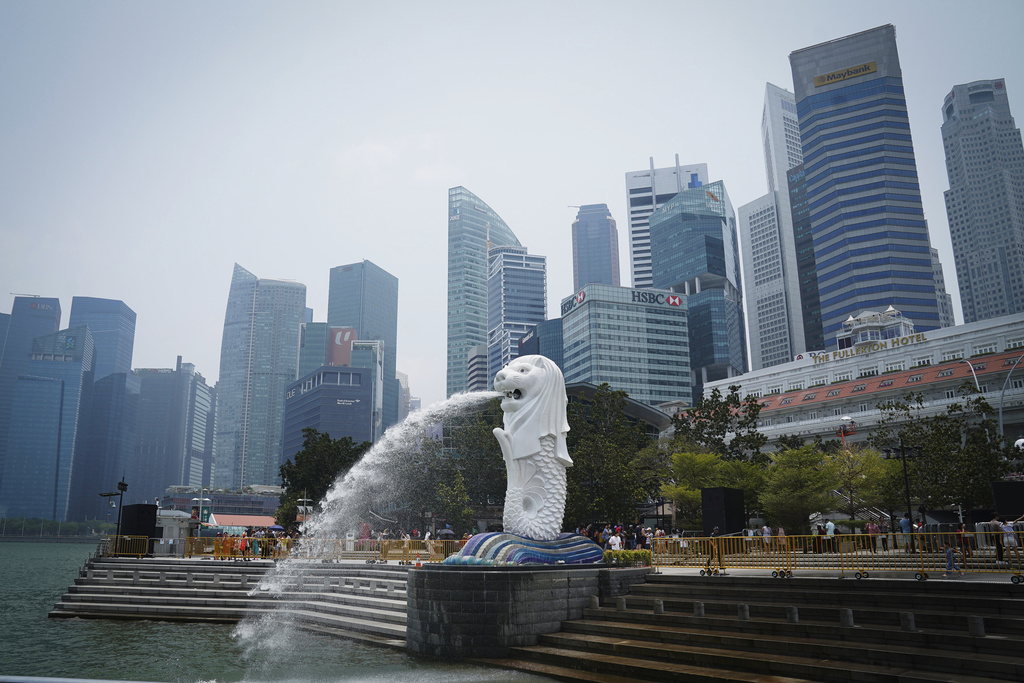
PETALING JAYA: Singapore remains the most expensive city in the world to live in, yet Malaysians continue to make their way south to seek their fortunes.
Some make it but many continue to struggle with the high cost of living, a huge chunk of which is taken up by rental.
Take Ezra Jairus for instance. The 25-year-old technician at a chemical production company based in Singapore was attracted to the city state by its wide range of career opportunities.
However, he is now struggling to stay afloat on his S$1,600-a-month salary.
“It is a challenge,” he told FMT Business.
Malaysians are attracted to Singapore and many other countries for a variety of reasons, chief of which is the strength of their currencies over the ringgit.
The value of the ringgit has been declining over the past few months. For instance, it closed at RM4.66 to the US dollar yesterday, among the lowest ever.
The ringgit has also weakened substantially against the Singapore dollar. It last closed at RM3.51 to the Singapore dollar.
However Malaysian workers, skilled or unskilled, continue to eye job opportunities in Singapore for better financial prospects, an analyst said.
Bait Al-Amanah analyst Yugendran Sivakumaran cited the pay disparity, in real terms, as the biggest factor that has driven Malaysians to Singapore and elsewhere.
“The higher sum they earn in ringgit terms more than compensates for the sacrifice,” he told FMT Business.
For many, it is a huge sacrifice. It means leaving loved ones behind, longer hours at work and higher expectations from employers.
Yugendran said the higher compensation in Singapore, even after factoring in the elevated cost of living, creates a better overall financial situation for Malaysian migrants.
“(On the whole) Malaysians still end up with a higher disposable income thanks to the stronger purchasing power of the Singapore dollar,” he said.
In the 2023 list of the most expensive cities in the world, compiled by The Economist magazine, Zurich shares the top spot with Singapore, pipping New York to second place.
Yugendran said Singapore’s move to simplify the work visa application process for the entry of skilled professionals, which came into effect in September, would make it even more attractive for Malaysians.
Successful applicants will qualify for a five-year work visa, up from three years now and other benefits that come with the expedited visa processing.
Yugendran expressed concern that this could exacerbate the brain drain that Malaysia is facing.
HR consultant Srithren Krishnan said the favourable exchange rate makes it financially viable for Malaysians to work in Singapore despite the difficulties in obtaining a work permit.
“It may be costly if you live in Singapore, but if you choose to work there but continue to live in Malaysia, then it gets very lucrative,” he told FMT Business.
He said Malaysians are also attracted by their cultural similarity which makes it easier for them to adapt to life in Singapore.
He estimated that about 1.13 million Malaysians have already emigrated to Singapore.
Among them, he said, are Malaysia’s top talents.
A reversal in sight?
Srithren said the migration trend could reverse if the ringgit regains its strength.
“It’s a hassle to travel across the causeway every day and those who work in Singapore do not get quality time with their family,” he pointed out.
On the other hand, Yugendran said it is stagnating wages in Malaysia rather than the weakening ringgit that has driven Malaysians away.
“The lack of substantial wage increases in the face of rising cost of living is not directly attributable to the weakening of the ringgit but to economic and structural issues, such as premature de-industrialisation,” he said.
“While a stronger ringgit can ease some of the financial pressure, structural changes are essential for a sustainable solution,” he added.
Financial pressures
For now, Ezra is pinning his hopes on Singapore.
He contributes whatever amount he can spare to his family back home in Malaysia.
But if he can get a job that pays a sum that is competitive with that he now earns in Singapore, he will consider moving back home. - FMT


No comments:
Post a Comment
Note: Only a member of this blog may post a comment.